The Doberman Pitbull combination, often known as the Dober Pit or Pit Pinscher, is an increasingly popular hybrid dog breed.
These canines are a mix between the Doberman pinscher and the American Pitbull Terrier, two powerful and loyal breeds.
As a result, Dober Pits inherit many of both breeds’ greatest characteristics, such as intelligence, athleticism, and protectiveness.
This article will go through the Doberman Pitbull mix’s history, looks, temperament, and care requirements. We’ll also go through the benefits and drawbacks of owning this breed so you can determine if a Dober Pit is the ideal dog for you.
History of the Doberman
The Doberman pinscher is a dog breed that originated in Germany in the late 1800s.
They were called after their founder, Karl Friedrich Louis Dobermann, a night watchman and tax collector.
Dobermanns were bred as guard dogs originally, but they have now become popular household pets.
They have a short, smooth coat that is easy to groom and is often black, red, blue, or fawn.
Dobermans require moderate maintenance, including brushing and exercising regularly.
They are typically healthy dogs, although they are predisposed to certain health issues, including hip dysplasia, elbow dysplasia, and heart disease.
History of Pitbull
The Pit Bull, also known as the American Pit Bull Terrier, is a loyal, friendly, lively dog originally designed for bull-baiting.
They are normally medium-sized canines that weigh between 30 and 60 pounds. Pit Bulls have a short, smooth coat that is simple to maintain. They are available in several colours: black, brown, white, and brindle.
Pit bulls are recognized for being affectionate and caring dogs. They are also extremely intelligent and simple to teach.
On the other hand, Pit Bulls can be highly lively and demand a lot of exercise. They are famous for their “smile,” upturned mouth.
Because of their gentle and loving demeanour, they are frequently utilized as therapy dogs.
They are not violent dogs by nature but can become so if they are not properly socialized or trained.
The Doberman Pitbull Mix
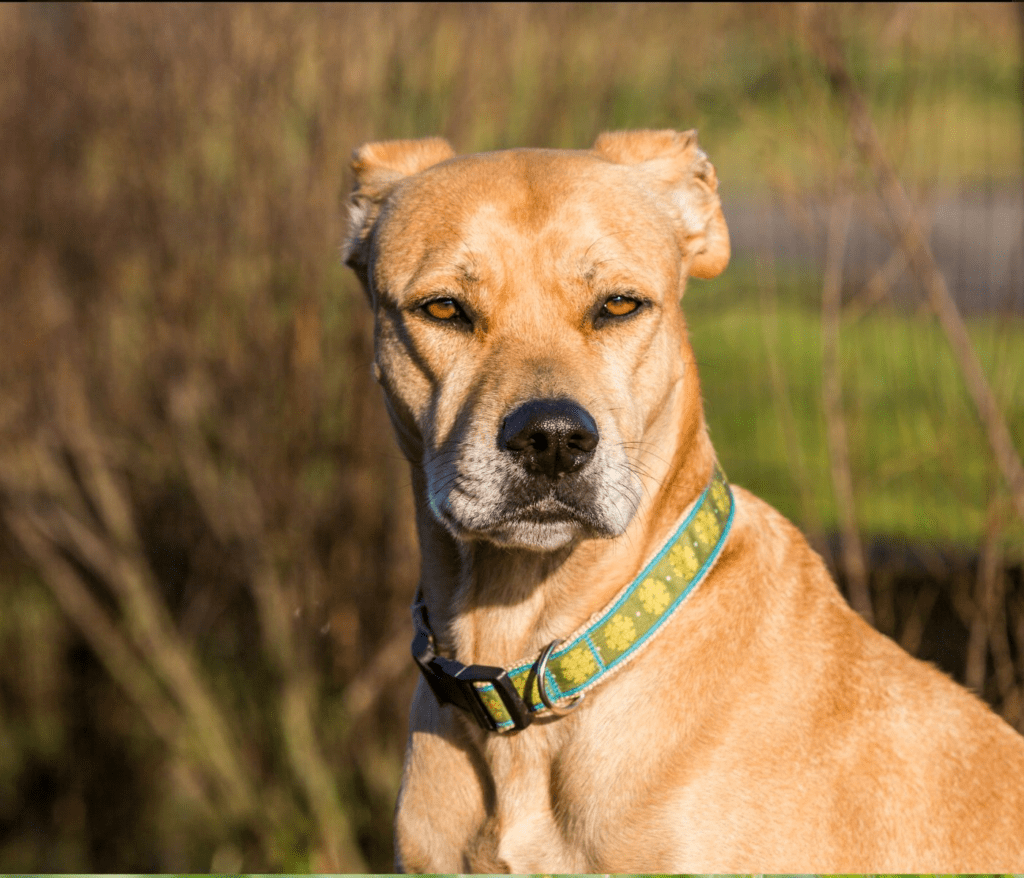
When the Doberman and Pitbull breeds are united, they produce an intriguing hybrid known as the Dober Pit.
Unfortunately, both parent breeds have been subjected to unfavourable stereotypes and media representation for being aggressive at times, which may cause worries about the temperament of this crossbreed.
A combination of traits from both parents frequently characterizes the Dober Pit’s look.
Some admirers describe it as having a strong and distinct Dobie pattern yet having the overall appearance of a larger Pitbull.
Their distinct appearance draws the attention of dog enthusiasts looking for an enigmatic cuddly friend.
Some Facts about Doberman Pitbull Mix
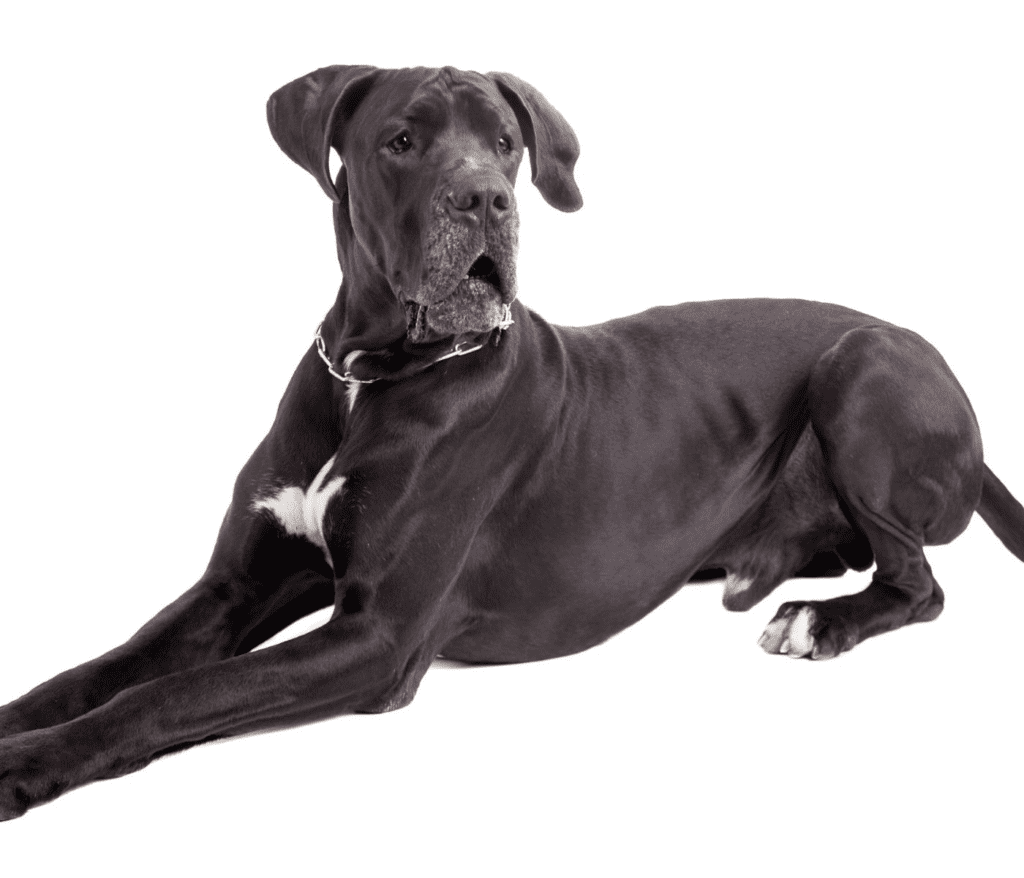
|
Breed Type |
Mixed breed. |
|
Weight |
35 to 80 pounds. |
|
Height |
17 to 24 inches. |
|
Coat |
Short and dense. |
|
Colors |
Black, blue, red, fawn and brindle.
|
|
Temperament |
Loyal, intelligent and protective. |
|
Lifespan |
10 to 14 years. |
|
Price |
$500 to $1500 |
Personality of Doberman Pitbull Mix
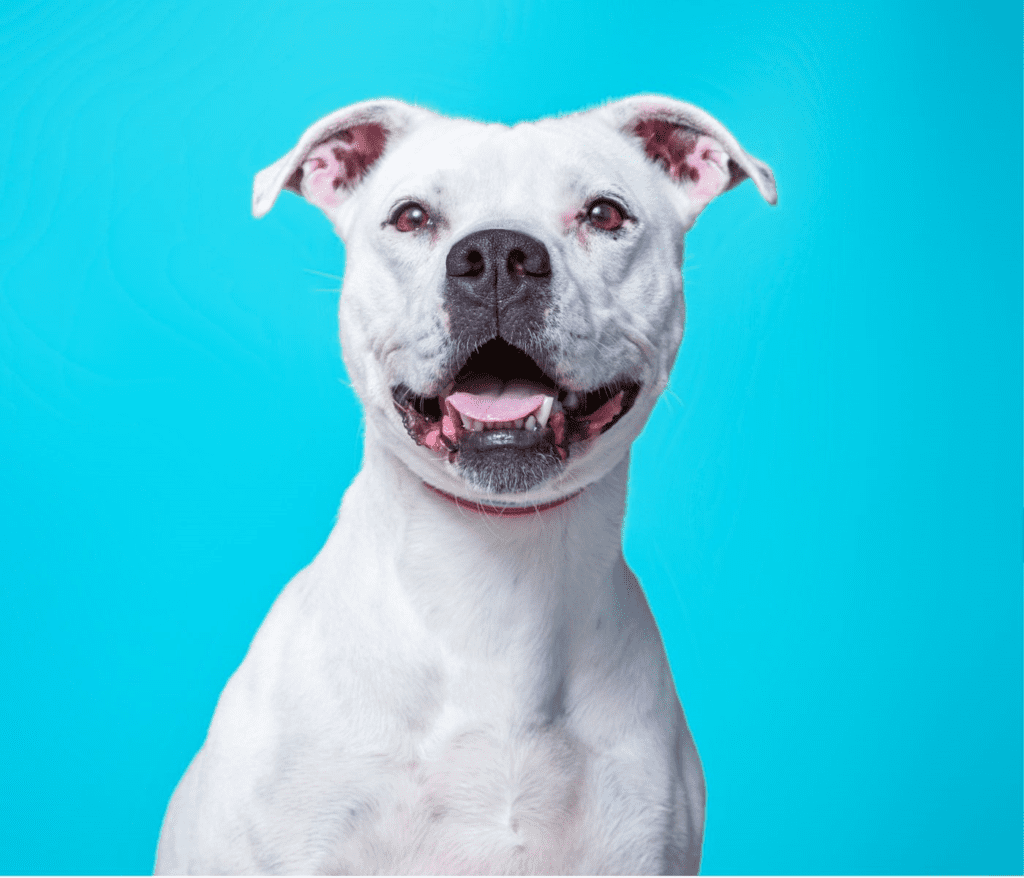
The Doberman Pit, often known as a Doberman Pitbull mix, is recognized for being loyal, smart, and protective.
Because of their strong protective instincts, they build deep relationships with their family and can make good watchdogs.
Proper socialization and early training are essential for these dogs to develop well-behaved and well-adjusted behavior.
While individual characteristics differ, they flourish in a loving and caring environment with competent owners.
With the proper training, the Doberman Pit may become a devoted and affectionate companion for its family.
Dober Pits: Family-Friendly Companions
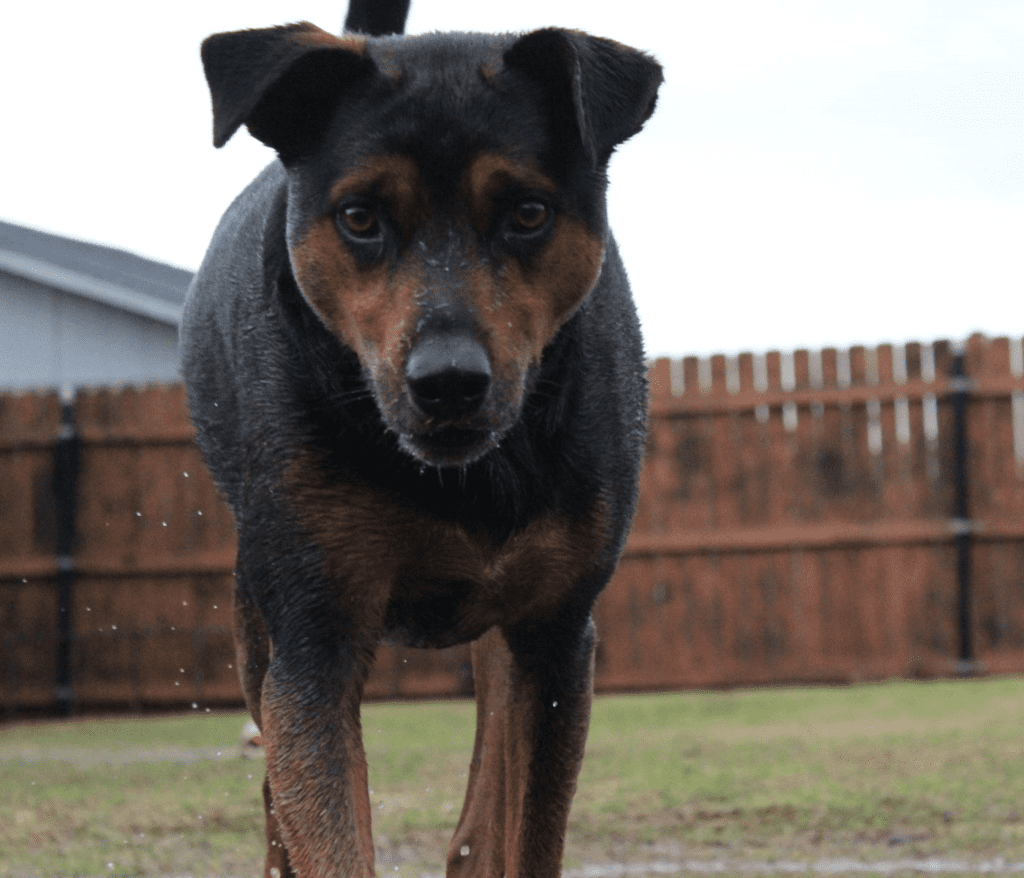
Regarding sociability, the Dober Pit tends to display a friendly and affectionate nature, making it a suitable companion for families with children and other pets.
One of the critical characteristics of the Dober Pit is its loyalty to its human family members. These dogs form strong bonds with their owners and are often eager to please.
This loyalty extends to children, as Dober Pits are generally patient and tolerant, making them excellent playmates for kids.
However, as with any dog breed, proper socialization from an early age is crucial to ensure that the Dober Pit develops positive behaviors around children.
The protective instincts of the Doberman Pinscher parent are evident in the Dober Pit, making it a vigilant and watchful presence in the household.
This protective nature can be beneficial in a family setting, as the dog may act as a natural guardian for children.
Owners need to channel this protective instinct through training to avoid overprotective behaviors that may lead to issues in certain situations.
Nutritional Needs of Dober Pit
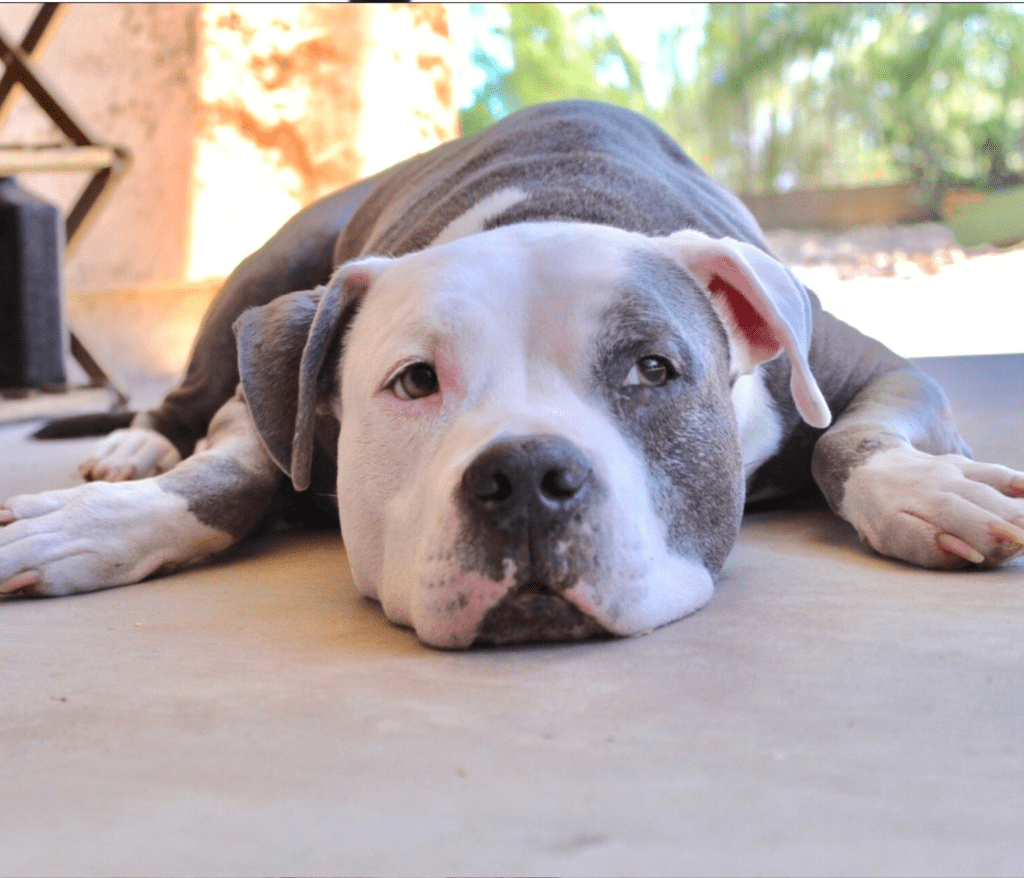
Dobermans require a diet of high-quality protein like chicken or beef supporting their active and muscular lifestyle.
Including healthy fats, such as omega-3 and omega-6, is essential for their skin, coat, and overall energy.
Prioritizing dog food rich in vital vitamins and minerals strengthens their immune system and promotes overall health.
Minimizing fillers and additives is essential to prevent unnecessary weight gain, and establishing a consistent feeding schedule helps regulate caloric intake.
Always ensure access to fresh water for proper digestion.
Dober Pit Health Challenges
Dober Pits, a mix of Doberman Pinscher and American Pit Bull Terrier, may be prone to certain health risks. Joint issues, such as hip dysplasia, can affect their mobility, requiring vigilant monitoring.
Heart conditions, including dilated cardiomyopathy, are potential concerns, emphasizing the need for regular veterinary check-ups. Skin problems may arise, demanding proper grooming and attention.
These dogs may be susceptible to bloat, a severe condition affecting the stomach, necessitating careful feeding practices.
Regular exercise is crucial to mitigate obesity risks and maintain their overall health. Periodontal issues may also be prevalent, underscoring the importance of dental care.
Responsible ownership, including routine vet visits and a balanced lifestyle, can contribute to the well-being of Dober Pits.
How much Exercise does a Doberman Require?
Dobermans are an energetic breed, necessitating a substantial amount of exercise. On average, they benefit from at least 60 to 90 minutes of physical activity daily.
Regular walks, interactive play, and off-leash time in secure areas are crucial to meeting their exercise needs.
Engaging in mentally stimulating activities, such as obedience training and agility exercises, is equally important to keep their sharp minds active.
Failure to provide adequate exercise may result in boredom and potentially lead to undesirable behaviors.
Adjustments to their exercise routine may be necessary based on individual energy levels and age, but a consistent and sufficient exercise regimen is vital to a healthy and content Doberman.
What is the Best Training for Dobermans?
The most effective training for the Doberman Pit Bull mix involves positive reinforcement techniques. Consistent praise and rewards for desired behaviors help shape their responses.
Early socialization is crucial to ensure they are comfortable and well-behaved in various situations. Incorporating obedience training from a young age establishes a strong foundation for discipline and control
Short, regular training sessions are more impactful than sporadic, lengthy ones. Mental stimulation, such as puzzle toys and interactive games, engages their intelligent minds.
Seeking professional guidance or enrolling in obedience classes can provide structured training and address specific needs.
Building a trusting and positive relationship through clear communication enhances the movement’s success for Doberman Pit Bull mixes.
What Kind of Care does a Doberman Need?
Maintaining a Doberman Pit involves regular grooming to keep their short coat clean and healthy.
Brushing once or twice a week helps manage shedding and keeps their skin shiny. Regular dental care, including brushing and chewing, is crucial for oral health.
Routine nail trims prevent discomfort and potential issues. Ensure their ears are clean and dry to avoid infections and check for any signs of skin problems.
Regular exercise is essential to keep them physically fit and mentally stimulated. A balanced diet tailored to their needs contributes to overall health.
Regular vet check-ups address any health concerns promptly, ensuring the well-being of the Doberman Pit breed.
Choosing a Doberman Pit: Adopt or Shop?
Deciding whether to adopt or shop for a Doberman Pit involves careful consideration.
Adopting from a shelter provides a loving home to a dog in need, offering a chance for a second lease on life.
It promotes responsible pet ownership and helps reduce the population of homeless animals.
On the other hand, purchasing from a reputable breeder allows for more predictability regarding lineage, health, and temperament.
Choosing a breeder with a strong reputation for ethical practices is essential.
Regardless of the choice, responsible ownership, proper care, and commitment are crucial for the well-being of a Doberman Pit.
Conclusion
In conclusion, the Doberman Pitbull mix, known for its intelligence, loyalty, and athleticism, makes a versatile and loving companion.
Responsible ownership is paramount, whether adopted from a shelter or purchased from a reputable breeder.
Early socialization and consistent training are vital to harnessing their potential. Regular exercise is essential for their physical and mental well-being.
Grooming requirements are relatively low, making them manageable for various lifestyles.
Their affectionate nature and protective instincts can make them excellent family pets with the proper training.
Whether seeking a loyal companion or an active family addition, the Doberman Pitbull mix offers a blend of desirable traits for those willing to provide love, care, and engagement.
